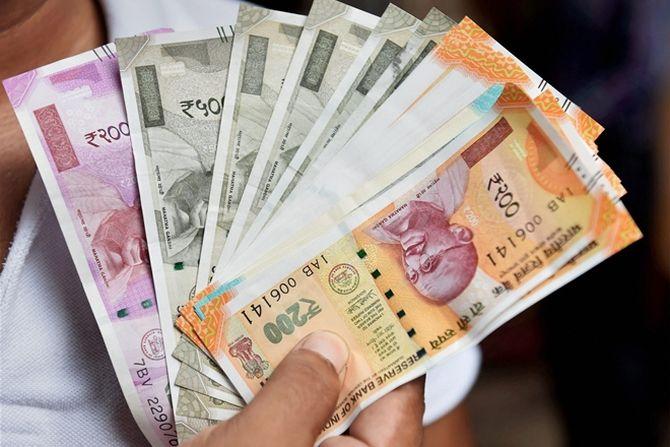Bad loans, however, continued to rise in the micro, small and medium enterprises category

Despite concerns, credit growth of the scheduled commercial banks (SCBs) improved across all bank groups between March and September 2018, according to the Reserve Bank of India’s (RBI’s) latest Financial Stability Report.
As seen in chart 1, credit extended by all SCBs grew 13.1 per cent at the end of September 2018, while that by private sector banks (PSBs) grew at a robust 22.5 per cent.
While the aggregate credit extended by all PSBs grew a mere 9.1 per cent - as 11 of them were placed under the RBI’s prompt corrective action (PCA) framework that restricts credit flow - for non-PCA banks, this was at 13.6 per cent (chart 2).
The report also suggested gross non-performing assets (GNPAs) of the PSBs may have peaked in March 2018.
As seen in chart 3, GNPAs have declined since then to 14.8 per cent of advances. But marked variation exists across the sectors.
As shown in chart 4, stressed assets were as high as 34.2 per cent in the basic metals sector, while they were the lowest in rubber, plastics and the products category.
Bad loans, however, continued to rise in the micro, small and medium enterprises category (chart 5).
Despite concerns over the financial position of non-banking financial companies (NBFCs), the report shows while the capital to risk weighted assets ratio (CRAR) of NBFCs had dipped at the end of September 2018 (chart 6), it remained well above the minimum threshold of 15 per cent.
The data also shows recoveries in the last two years through the Insolvency and Bankruptcy Code (IBC) have surged ahead of those made under the erstwhile bad loan recovery regime (chart 7).
As seen in chart 8, recoveries were highest in the hotels and restaurants category, while they were lowest in the mining sector.
StatsGuru is a weekly feature. Every Monday, Business Standard guides you through the numbers you need to know to make sense of the headlines
Photograph: PTI Photo












 © 2025
© 2025